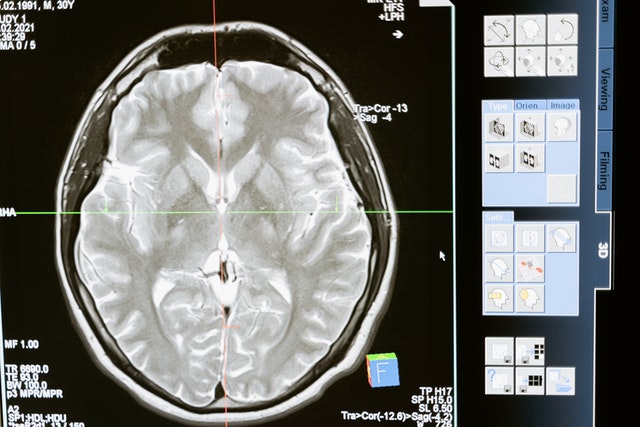Plenty of people are in charge of making choices and decisions at your company. The same goes when it comes to your body. Just as you need to know the chain of command at work, you must know the chain of command when you are diagnosed with a condition that needs to be treated. Here is a list of who’s involved with treating your medical diagnosis.
Your Doctor
This is an easy one. The person you see yearly or twice yearly is the same person you go to when you don’t feel well. Your doctor will examine you, and your initial physical examination will start the ball rolling in finding out why you are unwell and what can be done about it.
Your doctor will run tests that require drawing blood, taking a urine sample, and sending these samples to a laboratory pathologist to get tested. That is the next person in the line of understanding your medical condition.
The Lab Pathologist
A lab pathologist will take the samples given to them, test them, and write and record their findings. Many expert pathologists will know immediately upon seeing something that the diagnosis is, and they can then return that diagnosis to their physician.
If a pathologist needs to do more research. They may consult with a clinical researcher with more extensive knowledge of a particular disease. Researchers like Hanid Audish, MD will take their research and help pathologists identify pathogens or other viruses and diseases for your doctor to know more about.
Medical Imaging
Once the lab comes back with results, your doctor may want to then take actual images of your body to see what is happening inside your body. You will then move on to medical imaging and the professionals who perform MRIs, CT scans, and x-rays. All of these technicians know how to read scans when they are produced.
Your doctor can then take the images created and, along with the pathology report, know exactly what is happening inside you and how it can be treated and fixed.
Secondary Doctors
Once you have a full diagnosis, you may get passed on to an expert in the field of your diagnosis. You may see a highly specialized surgeon, a radiation oncologist, or another medical professional with the experience help you get better fast. Once you have any procedures completed and you are back to good health, you will return to your physician, who will continue to provide you with the primary care you need to remain healthy and strong.
Conclusion
Many people play a part in keeping you well, but as long as you understand the process, you will keep a healthy mindset to get better fast. Like how you run your company, when you know who’s doing what, you can stay on top of things and remain focused and calm.


